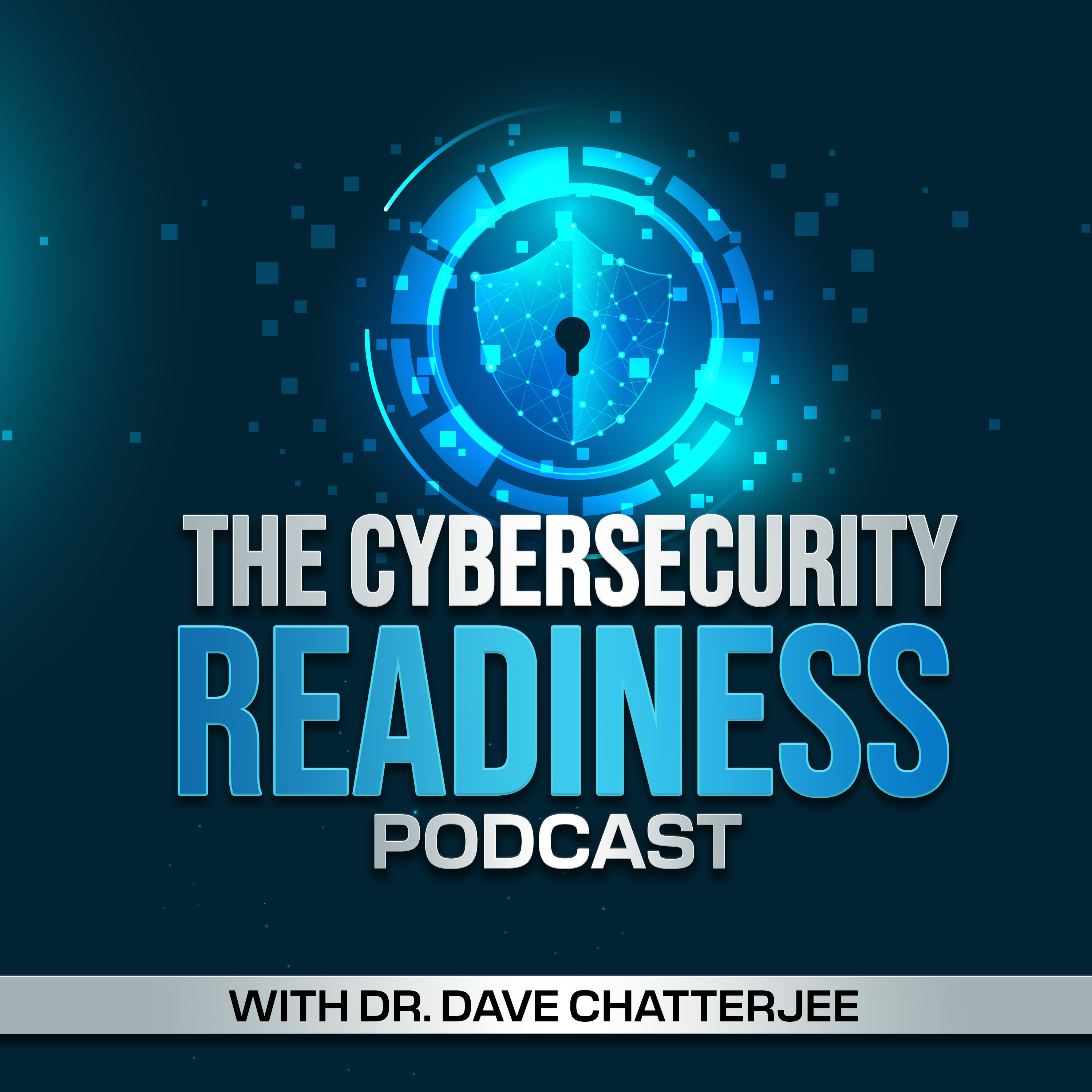Episode 55
How Informed is the Board of Directors on Cybersecurity Risks?
With the global cost of cybercrime expected to reach $10.5 trillion by 2025, cybersecurity has become a board-level imperative. According to the Diligent Institute survey 'What Directors Think,' board members ranked cybersecurity as the most challenging issue to oversee. Even though boards say cybersecurity is a priority, they have a long way to go to help their organizations become resilient to cyberattacks. Kayne McGladrey, Field CISO at Hyperproof and a senior IEEE member, sheds light on this important aspect of cybersecurity governance. The driving question being: How informed is the Board of Directors to provide effective oversight of cybersecurity governance?
To access and download the entire podcast summary with discussion highlights --
https://www.dchatte.com/episode-55-how-informed-is-the-board-of-directors-on-cybersecurity-risks/
Connect with Host Dr. Dave Chatterjee and Subscribe to the Podcast
Please subscribe to the podcast, so you don't miss any new episodes! And please leave the show a rating if you like what you hear. New episodes release every two weeks.
Connect with Dr. Chatterjee on these platforms:
LinkedIn: https://www.linkedin.com/in/dchatte/
Website: https://dchatte.com/
Cybersecurity Readiness Book: https://www.amazon.com/Cybersecurity-Readiness-Holistic-High-Performance-Approach/dp/1071837338
https://us.sagepub.com/en-us/nam/cybersecurity-readiness/book275712
Latest Publications:
Preventing Security Breaches Must Start at the Top
Latest Webinars:
How can brands rethink data security to maintain customer trust?
Cybersecurity Readiness in the Age of Generative AI and LLM
Insights for 2023, Cybersecurity Readiness with Dr. Dave Chatterjee

